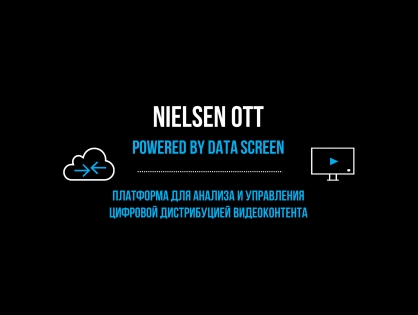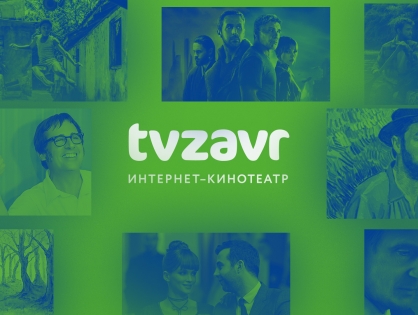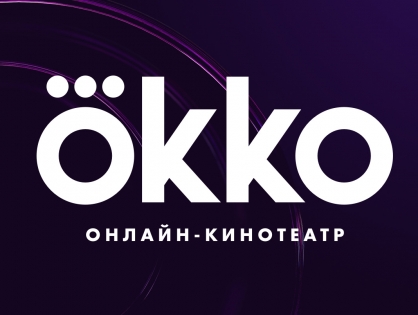 The Ministry of culture has proposed to toughen the fight against pirate sites: if the owner of such a resource could not be contacted, the site is blocked without trial. Experts fear that this rule will become an instrument of unfair competition.
The Ministry of culture has proposed to toughen the fight against pirate sites: if the owner of such a resource could not be contacted, the site is blocked without trial. Experts fear that this rule will become an instrument of unfair competition.
The Ministry of culture has developed a bill under which it will be possible to block sites for violation of copyright and related rights without a court decision. The document is posted on the portal regulation.gov.ru.
The bill introduces a requirement for owners of all resources to place contact details (legal entity, where located, e-mail address, etc.) on their websites. But if there is no such data or the owner of the resource does not respond to the requests of right holder, the right holder will now be able to apply for blocking directly to the hosting provider, and then to Roskomnadzor (if the provider does not respond to the request within 24 hours). The office should make another attempt to contact the site owners or the hosting provider. If it has no effect, the site can be blocked completely and permanently within three days.
Now it is much more difficult to block a site with pirated content. The right holder must apply to the court for preliminary interim measures of protection, and in this case, according to the law, the definition of blocking links is issued within one day, explains Pavel Katkov, the owner of the law firm “Katkov and partners”. Then, within two weeks, the right holder must file a claim for the removal of pirated content from the specified site. But for the initiation of court proceedings, you must set the owner of the website — only in this case, the security measures for the lock remain in effect until the end of the hearing. To block the site forever is possible only after a secondary violation of copyright and a second claim from the rights holder.
According to Pavel Katkov, it needs to introduce measures to block the site in the absence of proper contact details for notification. “Now the norm on the placement of contact details is just a Declaration. In case of the threat of blocking the sites have a motive to start to comply with the norm”, – said Katkov.
He believes the initiative is relevant: due to this the rights holder “can improve the effectiveness of the protection of their rights.” Katkov reminds that the lack of normal notification of the defendant can seriously slow down the trial. “Meanwhile, the speed of consideration of the case is extremely important – it is especially critical in premiere period of films. The main monetization of full-length movie at the cinema box office takes place in the first four weeks of its display, from this point of view, every new day of unfair pirate competition is a real financial loss of the producer,” said the lawyer.
Karen Kazaryan, the analyst of the Russian Association of electronic communications (RAEC), reminded that this is not the first attempt of the Ministry of culture to complicate life for pirate websites. The Ministry submitted the previous version of the amendments in autumn 2017. According to it, the search engines had to remove the issue links to pirate sites and advertising of these resources on the complaint of the right holders. If the right holder could not contact the owners of the site, he could send a complaint to Roskomnadzor. If within ten days the site did not delete the content, Roskomnadzor had to block the site after the relevant court decision.
“The previous version received a negative review. The new version is much tougher, because now it does not provide the possibility of judicial settlement of the issue between the Internet resource and the right holder. In the case of adoption it will only need the request for blocking from the right holder to Roskomnadzor,” says Karen Kazaryan. According to him, the adoption of the project will give the authorities “the opportunity to block anything, and without the possibility of appeal.” “This will lead to a significant increase in blocking and, as a result, will turn public opinion on the side of pirates. This will lead to an escalation of the conflict between resources and right holders, and not in favor of the latter,” said expert of RAEC.
The representative of right holders doubts such harsh measures too. “The problem of using illegal copyright content requires a solution, but radical measures can be fraught in many ways, because there is a risk that they will become a tool for unfair competition,” — said to RBK Vera Martinovich, Vice President for legal Affairs of the Federation of intellectual property. According to Svetlana Lienko, Executive Director of REG.RU, hosting provider is incompetent in determining the legitimacy of the content, which can lead to abuse by unscrupulous applicants. “In our practice, there has already been a case when one of the sites began to receive complaints from the content owner. Later it became clear that the complaint was wrong, and the website is an official distributor”, — she noted.
According to Sarkis Darbinyan, lawyer of “Roskomsvoboda” project, the initiative will not help the growth in legal sales, but it can create a lot of problems in enforcement, for example, limiting the work of legal services. “Pirates will still be able to avoid the law using the usual redirection to the mirror. The pirates like no other are masters of modern technologies and methods of content delivery to the end user,” he said.
SOURCE: RBC





Отправить ответ